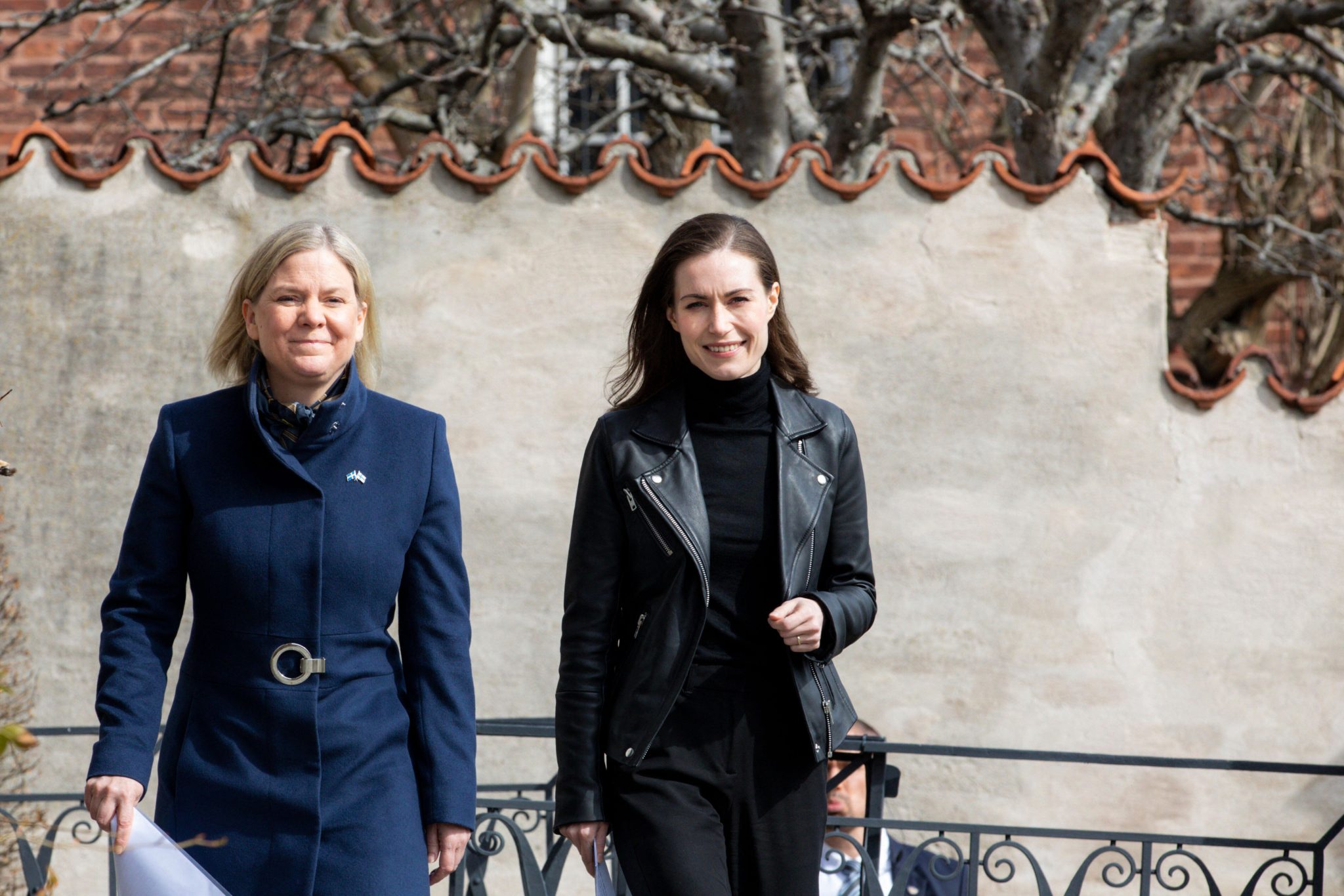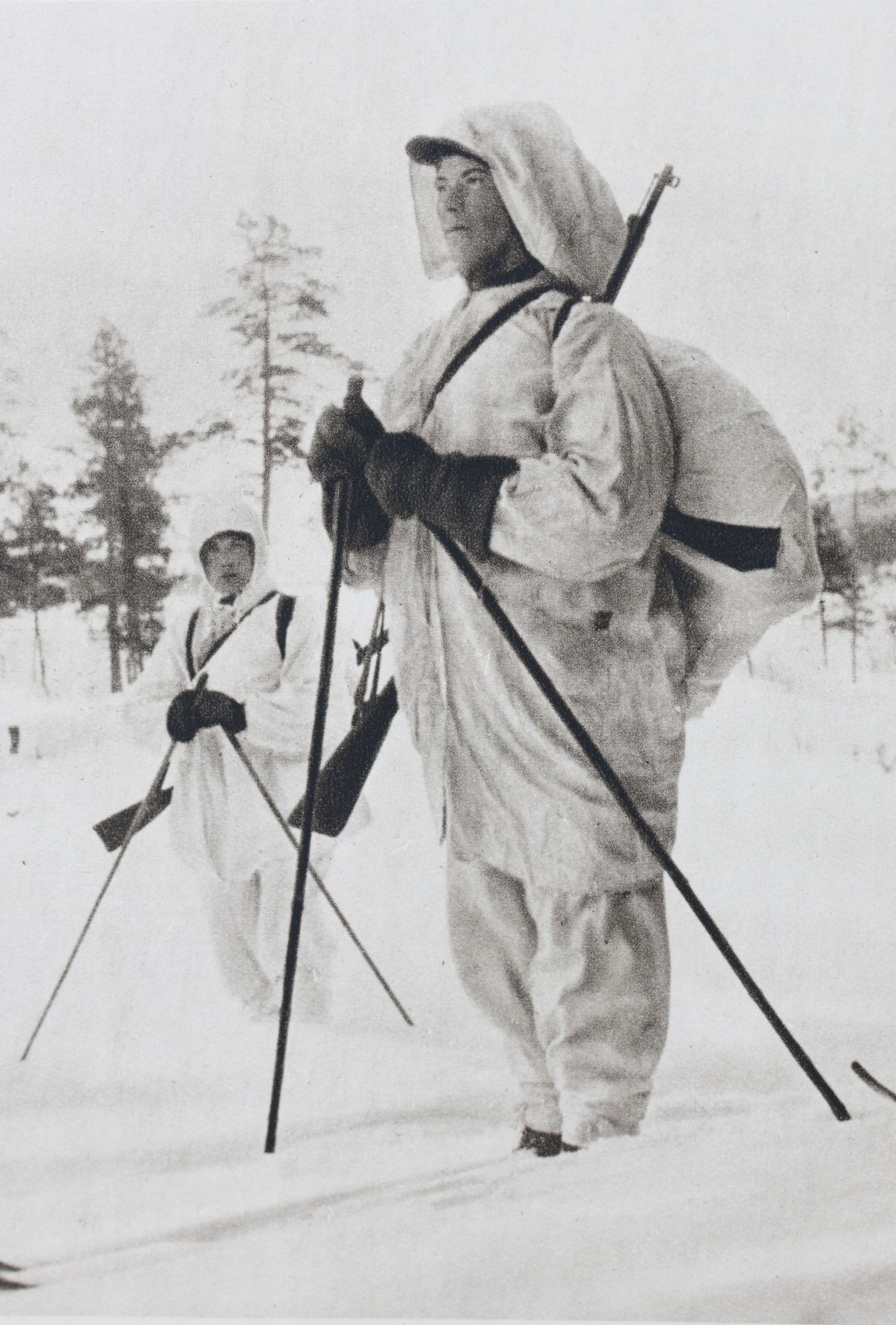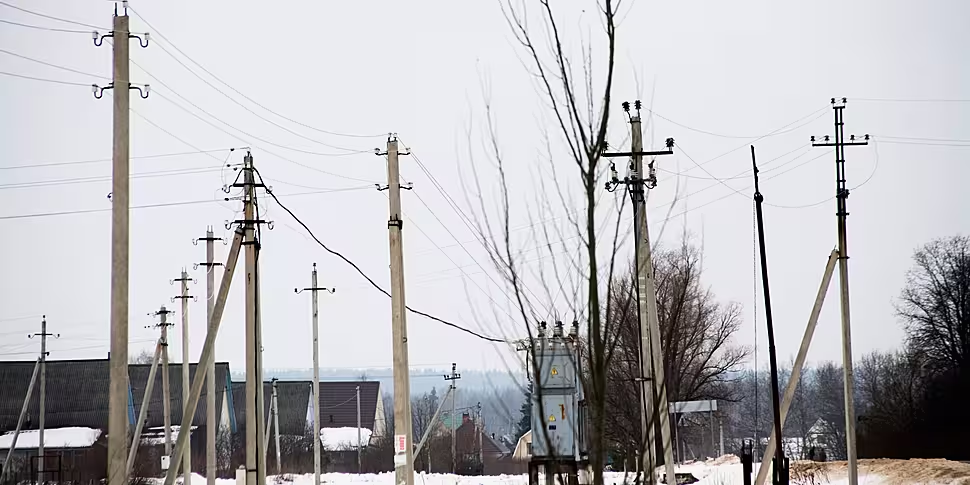Russia has announced that it will be suspending electricity supplies to Finland, alleging that there is a problem with the payment system.
Finland receives only a small percentage of its electricity supplies from its next door neighbour but the ominous announcement comes at a time of heightened tension between the two nations.
During the Cold War, Finland trod a path of studious neutrality; as a democracy its sympathies were inherently western but the strength of its eastern neighbour terrified Helsinki and its foreign policy was summed up as ‘bowing to the East without mooning the West’.
For decades polls suggested there was minimal support in the country for joining NATO but the Russian invasion of Finland changed that and Helsinki has decided to apply for a membership.
“Finland must apply for NATO membership without delay,” Finland’s President and Prime Minister said in a joint statement on Thursday.
“We hope that the national steps still needed to make this decision will be taken rapidly within the next few days.”
 Swedish Prime Minister Magdalena Andersson and Finnish Prime Minister Sanna Marin held a joint press conference with the media regarding joining in NATO in Stockholm, Sweden, April 13, 2022. Picture by: Ninni Andersson/Regeringskansliet/Stella Pictures/ABACAPRESS.COM
Swedish Prime Minister Magdalena Andersson and Finnish Prime Minister Sanna Marin held a joint press conference with the media regarding joining in NATO in Stockholm, Sweden, April 13, 2022. Picture by: Ninni Andersson/Regeringskansliet/Stella Pictures/ABACAPRESS.COMIt is a decision supported by some three in four Finns but it has appalled and sickened Putin and his acolytes in Moscow.
“Finland joining NATO is a radical change in the country’s foreign policy,” a spokesperson for the Russian Foreign Ministry complained.
“Russia will be forced to take retaliatory steps, both of a military-technical and other nature, in order to stop threats to its national security arising.”
For Finland the attraction of membership is NATO’s mutual defence clause - something that could come in handy for a country that still has bitter memories of previous conflicts with Russia.
In 1939 the Soviet Union invaded Finland in what is now called ‘the Winter War’. It only lasted a few months - and Finnish troops were widely praised for their skill and bravery - but the country ceded a significant amount of territory to Moscow in exchange for a peace agreement.
 During the Soviet-Finnish war (1939-1940) skiers of the Finnish army in white camouflage made lightning and effective attacks on units of the Red Army
During the Soviet-Finnish war (1939-1940) skiers of the Finnish army in white camouflage made lightning and effective attacks on units of the Red ArmyFor NATO, the advantages of Finnish membership of the bloc are huge. Unlike many European countries, Finland did not slash defence spending after the fall of the Berlin Wall and it already spends the target 2% of GDP on military matters.
Despite having only a population of 5.5 million, it has a wartime strength of 280,000 troops and can call on a further 900,000 reservists if needed.
“This is one of the most military prepared targets in Europe,” Shashank Joshi, Defence Editor at The Economist, explained to The Pat Kenny Show.
“It has the biggest artillery force in Europe. It takes defence profoundly seriously… They’re buying more and more advanced equipment - like the F-35 [fighter planes] but also long-range missiles that can be fired from it.
“This is a country [where] everything is oriented around defence. I was in Helsinki a week before the Russian invasion and you realise all their car parks are sort of effectively nuclear bunkers that were built in the Cold War and they were designed precisely for that reason.
“So this is a country that has never forgotten the fact that war is a possibility, you can lose your national existence from invasion - something that most countries in Europe haven’t thought very hard about - and I think that makes them an asset to NATO.”
Listen and subscribe to The Pat Kenny Show on Apple Podcasts, Google Podcasts and Spotify.
Sweden as well?
Sweden too is expected to apply for membership of the bloc and the accession process is expected to be smooth.
Last month NATO Secretary General Jens Stoltenberg said that both countries “will be warmly welcomed and I expect the process to go quickly.”
While British Prime Minister Boris Johnson on a visit to Sweden this week offered written assurances that if either Finland or Sweden were attacked, then Britain would come to their assistance militarily.
The promise is intended to cover the 12 month transition period before full NATO membership and Anna Wieslander, the Atlantic Council’s northern Europe director, told The Guardian that “at a time of very high tension in the region, it is of great value.”
Asked whether Mr Johnson was the right emissary to persuade wavering Swedes of the benefits of NATO membership, she added:
“I don’t think Brexit or Partygate will affect Sweden’s thinking. We have seen that Britain has been pretty supportive of Ukraine from an early stage, and that has increased its credibility.
“Britain is a pretty popular country here. We would still like you to be EU members, but we cooperate a lot.”
Main image: Electricity poles in a small village 100km west of Moscow. Picture by: Alamy.com









